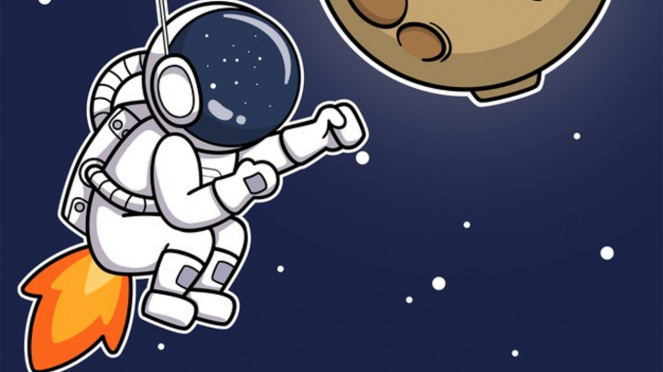by Mario Mejia
There is no doubt that man is the most powerful species on the planet. The cognitive revolution 70,000 to 40,000 years ago is the cornerstone of their rise. This revolution gave her a high ability to cooperate that other species do not have. The key element that enables him to build the social partnerships that put him at the helm of power is morality. In history, there are no human societies without some kind of morality.
Pablo Mallo tells us in his book “The Perils of Morality” that morality has a dark side, and among the aspects of this dark side is the political conflict between groups and the impediment of scientific progress. When a behavior or act is believed to be bad, it does not leave the freedom of choice, but the behavior is prohibited and the person who disobeys the prohibition is punished. The problem becomes more acute when there is a conflict between two groups of different morals, so that the good of one is harmful to the other. Morality threatens the progress of knowledge.
One of the great contributions of enlightened rationality is the idea that it is important to know objective truth, to build a better world according to it. If there are scientific studies that threaten the prevailing morals, the institutions that protect said morals will monitor and demonize the scientists who have produced such scientific studies.
The scientific discovery that morality can threaten, is that which indicates the absence of free will. Society is based on the idea that people, with a few exceptions, have free will, and therefore, we are responsible for our actions. The discovery that there is no free will can be seen as a moral error, because it will be accused of promoting the idea that if there is no free will, then no one is responsible, and if no one is responsible, then no one deserves punishment for their actions, but if Accepting this, society will collapse, because in order for society to preserve itself, it is necessary to hold people accountable for their actions. Therefore, this discovery will be demonization and those who promote it as well.
Morals mess with health and disease. It is believed that patients are punished for their sins or that their illness is caused by vice or outrageous, so they deserve their illness. This means that morals can impede helping patients, by accusing them of being guilty of their disease by practicing certain behaviors and habits.
Literature is a ray of the elements of human nature. In other words, literature provides us with valuable insights into what human beings look like. Morals distort literary works that conflict with them, and in the same way that scholars become investigators of “heretical” scholars, editors and writers become investigators who demonize literary works that do not obey their moral code.
Solving this problem is very difficult, because people are inclined to moral and intellectual arrogance. There are many examples in history of how morals have been an obstacle to the progress of scientific and literary knowledge. We must learn from history, recognize the moral hazards and reduce them as much as possible.
Jonathan Rauch argues that the possibility that we might be wrong should be taken seriously. Taking this possibility seriously can help us reduce the moral havoc in scientific and literary progress.





